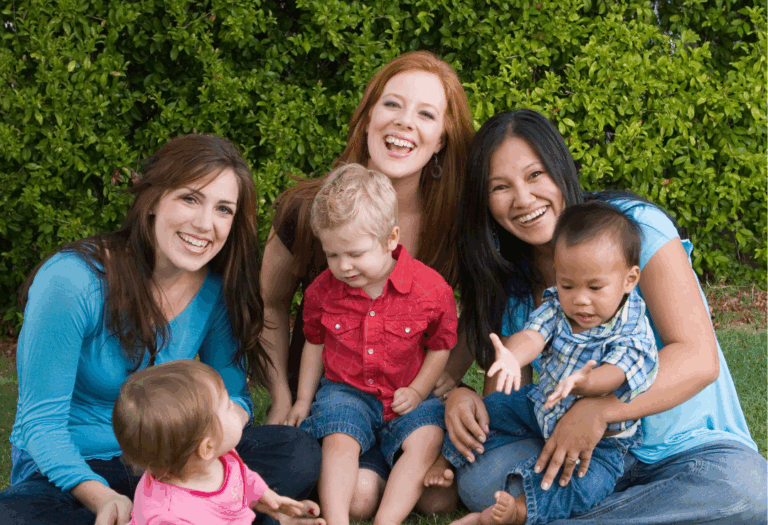
Do you know a grandparent, a favorite teacher, a pastor, a friend, or a neighbor who always seems to brighten your day? Any one of them could be a mentor! A mentor is simply someone willing to guide, support, and cheer you on. They offer suggestions, share their own experiences, and help you build confidence—through both the easy moments and the tough ones.
For families with children, having a trusted mentor who has “been there” can make a world of difference. They can be a calming presence, a listening ear, or the steady shoulder you lean on when life gets overwhelming.
Could you be a mentor to a child or family?
If you care about others and are willing to listen, you already have what it takes. Mentors build trusting, caring relationships. They offer understanding, patience, and encouragement. They help others navigate challenges and celebrate victories—big and small.
Mentoring doesn’t have to be complicated. It might look like a friendly chat at your early childhood program or as structured as volunteering with Big Brothers Big Sisters. You don’t need all the answers or any special expertise. The heart of mentoring is providing support, kindness, and being there when needed. Sometimes the greatest gift is simply being a friend.
Could you benefit from a mentor?
Many families wish they had more support—especially when balancing life, work, and parenting. Maybe you wish your extended family lived closer. Perhaps you want someone you can call for advice or reassurance. A mentor can help you discover new ideas, offer helpful tips, and provide encouragement through everything from sleepless nights to the toddler years to busy family schedules.
Ask yourself: What kind of support would feel good right now?
Would a formal mentoring program be helpful? Or would you prefer a friendly, informal relationship where you connect as needed?
How do you become a mentor—or find one?
Keep an open mind. The perfect mentor might be someone you already know but haven’t considered yet.
Here are some easy ways to get started:
Explore resources (see our list below).
Ask around. Your child care provider, friends, church community, or pediatrician might know someone who’s a great role model.
Notice people who inspire you. Maybe it’s a parent who always stays calm or a teacher who has endless patience. Don’t be afraid to say, “I admire how you do that—can you share your secret?”
Reach out. If you see someone who could use support, start with a friendly, understanding comment: “I remember when my son went through that phase—two-year-olds really keep you on your toes!”
Mentors make life a little lighter, a little brighter, and a lot more connected. And whether you’re offering the mentoring or receiving it, the power of supportive relationships can make all the difference
Mentoring resources
- Strengthening Families
- Parent to Parent of Pennsylvania
- Family Promise
- Pennsylvania Family Centers
- Mentor.org
- The Mentoring Partnership of Southwestern Pennsylvania
- National Fatherhood Initiative
- United Way of Pennsylvania: Many local United Way offices have resources available within specific regions.
